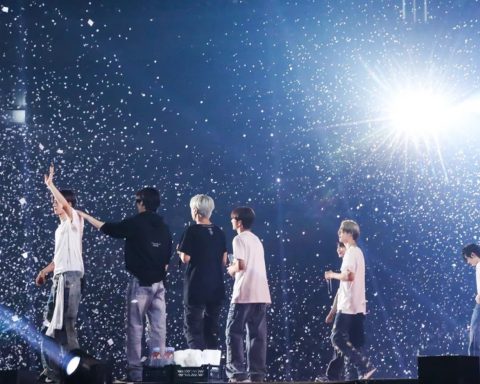The K-pop industry is witnessing more girl groups disband as financial strain takes hold. As a result, even active and well-established acts have decided to end their activities. Rising costs, fierce competition, and market saturation now make survival increasingly difficult for many.
Rising Costs and Market Saturation
Running a K-pop group demands heavy investment in music production, choreography, styling, marketing, and touring. In many cases, smaller labels without major sponsorships or global chart-topping hits fail to recover these expenses. Therefore, groups that cannot secure strong album sales, endorsement deals, or profitable tours early in their career often face disbandment.
Moreover, the market continues to grow crowded. New groups debut almost monthly, and fan loyalty divides across dozens of acts. Consequently, even talented performers struggle to keep attention without a viral hit or distinctive concept. Agencies frequently cut promotional budgets after only a few releases when sales disappoint, which further accelerates a group’s decline.
Purple Kiss to Disband in November
A clear example is Purple Kiss, managed by RBW Entertainment. The group debuted in 2021, built a dedicated fan base, and released music consistently. However, they could not sustain their activities financially. RBW announced that Purple Kiss will disband in November 2025. Before that, the members will release an English-language album in August, promote in Japan, tour North America, and perform a farewell concert in Korea.
Personal Accounts of Financial Hardship
Former idols have spoken candidly about the struggles behind the scenes. For example, ex-GWSN member Seoryoung said her group’s agency withdrew all support after encountering severe fiscal problems. As a result, members worked part-time jobs to cover living costs while still promoting as artists. Her account mirrors the reality for many mid-tier K-pop acts, where unstable agency finances directly affect the performers’ livelihoods.
Broader Industry Implications
The increase in K-pop girl groups disbanding reveals deeper structural issues. Without consistent commercial success, groups lose comeback opportunities, face shrinking budgets, and ultimately end contracts early.
The “seven-year contract curse” has existed in K-pop for decades. Now, many groups end within three to five years. Therefore, analysts urge agencies to diversify revenue streams through international touring, merchandising, and digital fan engagement. Otherwise, more groups will vanish before they reach their full potential.






